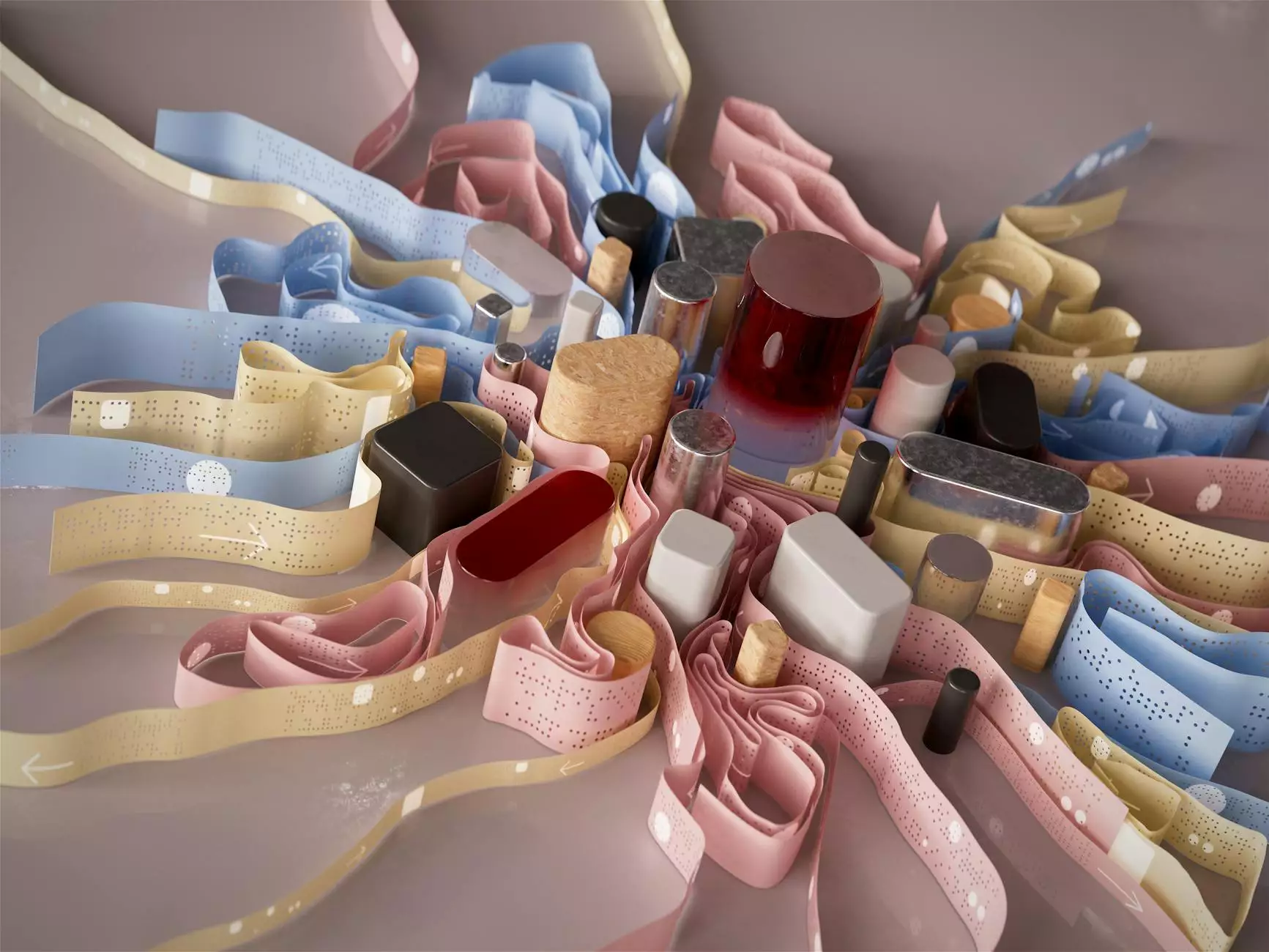Essential Insights into Equine Med: Empowering Your Horse's Health and Well-Being

In the ever-evolving world of veterinary care, equine med stands out as a specialized field dedicated to the health and well-being of horses. This article aims to provide an exhaustive understanding of equine medicine, its significance, the services available, and how they contribute to the comprehensive care of these magnificent animals. Whether you own a horse for leisure or sport, knowledge about equine med can enhance your connection and commitment to your horse’s health.
What is Equine Med?
Equine med refers to the medical and surgical treatment of horses, focusing on their unique physiological and medical needs. Due to their size, temperament, and specific conditions, horses require dedicated veterinary specialties that differ from those applicable to companion animals like dogs or cats.
The Importance of Veterinary Care in Equine Med
Veterinary care in equine med is critical for several reasons:
- Preventive Care: Regular health check-ups, vaccinations, and dental care help prevent diseases common in horses.
- Early Diagnoses: Detecting potential health issues before they escalate is crucial to preserving a horse's health and wellbeing.
- Performance Medicine: Optimizing a horse's athletic performance through conditioning and preventive care is essential for competitive animals.
- Emergency Care: Access to immediate medical attention can be life-saving, especially in acute situations like colic or injuries.
Common Health Issues Addressed in Equine Med
Understanding the common health issues horses face is essential for any owner. Some frequent concerns include:
- Colic: A gastrointestinal condition that can lead to severe pain and requires immediate veterinary intervention.
- Lameness: Often resulting from injuries or conditions affecting the legs and hooves, lameness can severely affect a horse's ability to perform.
- Respiratory Issues: Conditions like heaves are especially common in horses and can impact their breathing and overall health.
- Dental Issues: Horses require regular dental check-ups to maintain healthy teeth and gums, as untreated issues can lead to pain and feeding difficulties.
Services Offered in Equine Med
The range of services defined under equine med is diverse and tailored to cater to the specific needs of horses:
1. Preventive Medicine
Preventive services focus on maintaining health through routine inspections, vaccinations, and examinations. Essential components include:
- Vaccinations: Protecting against diseases like West Nile virus and equine influenza.
- Health Certificates: These are often required for traveling horses or those entering competitions.
- Regular Check-Ups: Scheduling consistent visits can catch problems before they develop into severe health issues.
2. Diagnostics and Treatments
Equine veterinarians utilize advanced diagnostic tools for accurate assessments. Common diagnostic services include:
- X-Rays: For assessing skeletal conditions or injuries.
- Ultrasound: To examine soft tissues, including ligaments and tendons.
- Lab Testing: Blood tests for disease detection or diagnosing metabolic issues.
3. Surgery
When necessary, surgical interventions are vital. They can range from routine procedures, such as castration, to more complex surgeries, including:
- Orthopedic Surgery: To repair fractures or other injuries.
- Colic Surgery: In severe cases of colic where less invasive treatments fail.
4. Emergency Care
Emergency services are critical, as issues can arise unexpectedly. Immediate veterinary attention can include:
- Trauma Care: Managing injuries from falls or accidents.
- Acute Illness Management: Responding to sudden illnesses that threaten a horse's life.
Integrative Approaches in Equine Med
Modern equine med increasingly embraces integrative approaches. These include:
- Nutrition: Tailored feeding programs to support optimum health and performance.
- Physical Therapy: Rehabilitation methods to aid recovery post-injury or surgery.
- Alternative Medicine: Acupuncture, chiropractic care, and herbal treatments are gaining popularity among horse owners.
Finding the Right Equine Vet
Choosing a skilled veterinarian is crucial for your horse's ongoing care. Here are some tips:
- Qualifications: Ensure the veterinarian is accredited in equine med and is a member of relevant professional organizations.
- Experience: Look for vets with specific experience in handling your horse's breed or conditions.
- Reviews and Referrals: Seek recommendations from other horse owners or trainers.
- Emergency Services: Confirm availability for emergencies or after-hours care.
Conclusion
In conclusion, equine med plays a pivotal role in ensuring horse health and performance. By understanding the complexities involved in equine health care and utilizing the resources available, horse owners can significantly enhance the well-being of their animals. Regular veterinary visits, appropriate preventive measures, and being proactive with knowledge can make a remarkable difference. For services ranging from preventive care to emergency interventions, experts in equine med, such as those at Blue Pearl Veterinary Services, are ready to assist in providing the best possible care for your equine companions.









